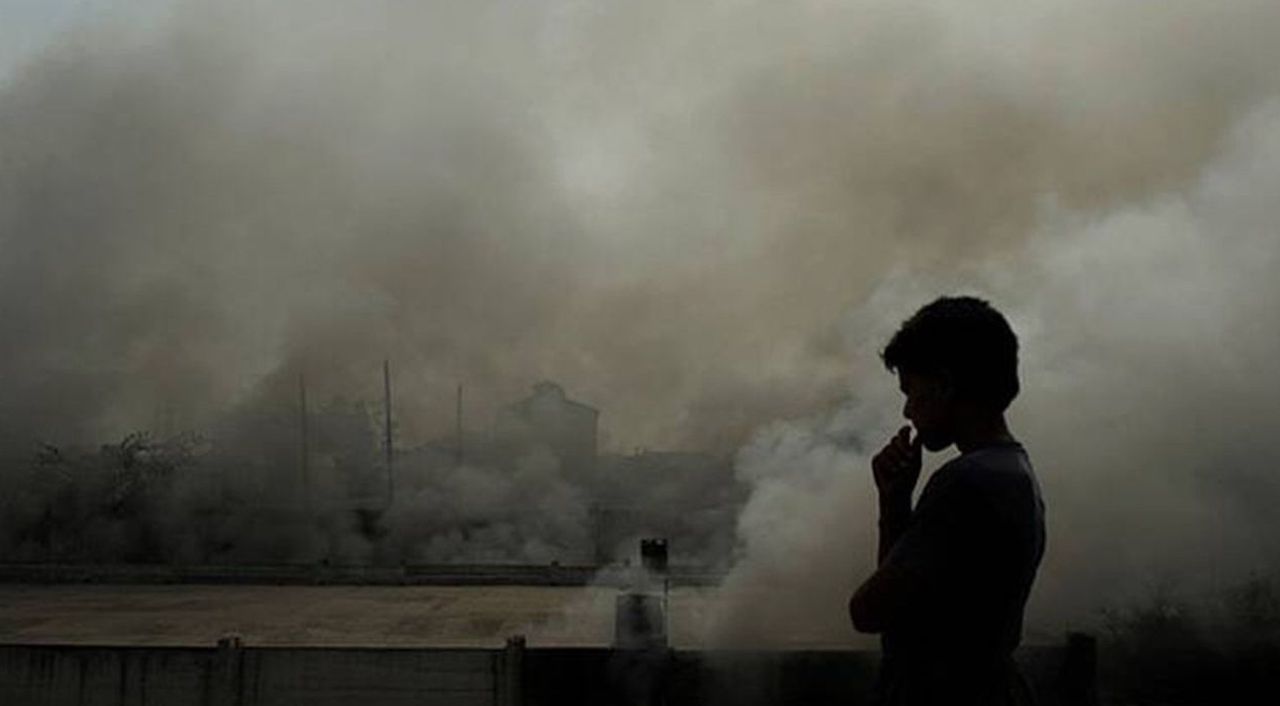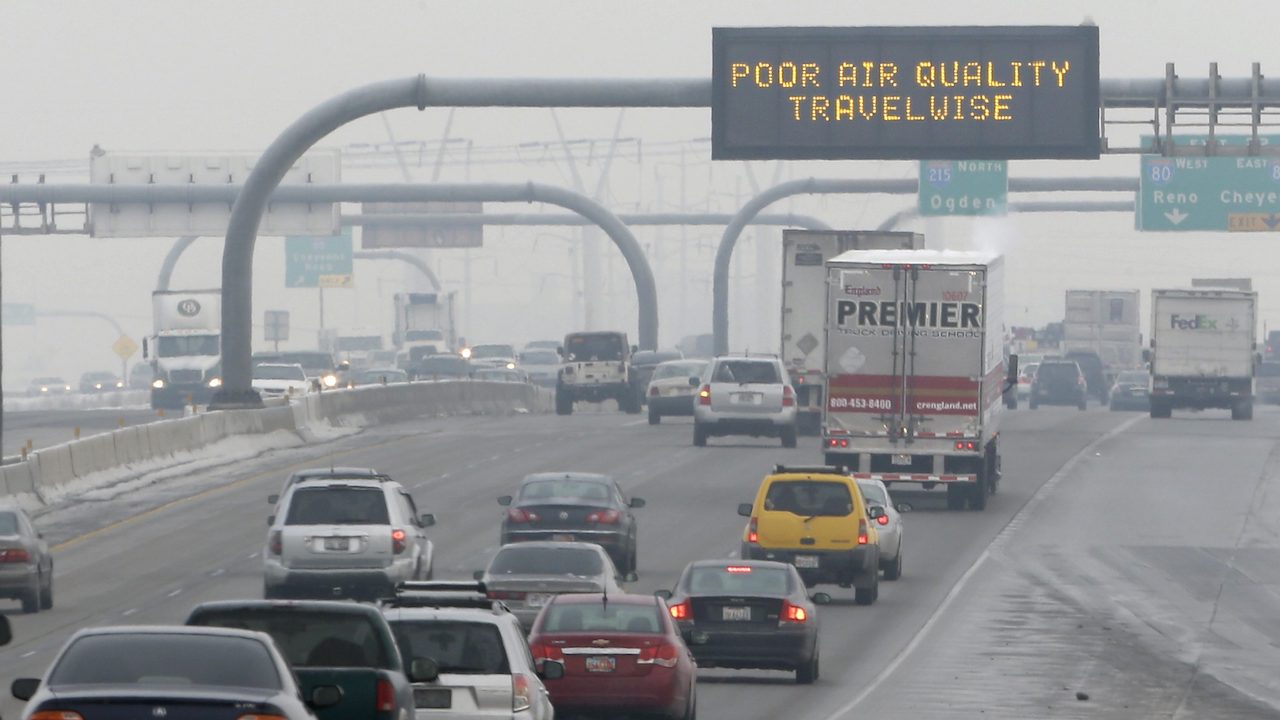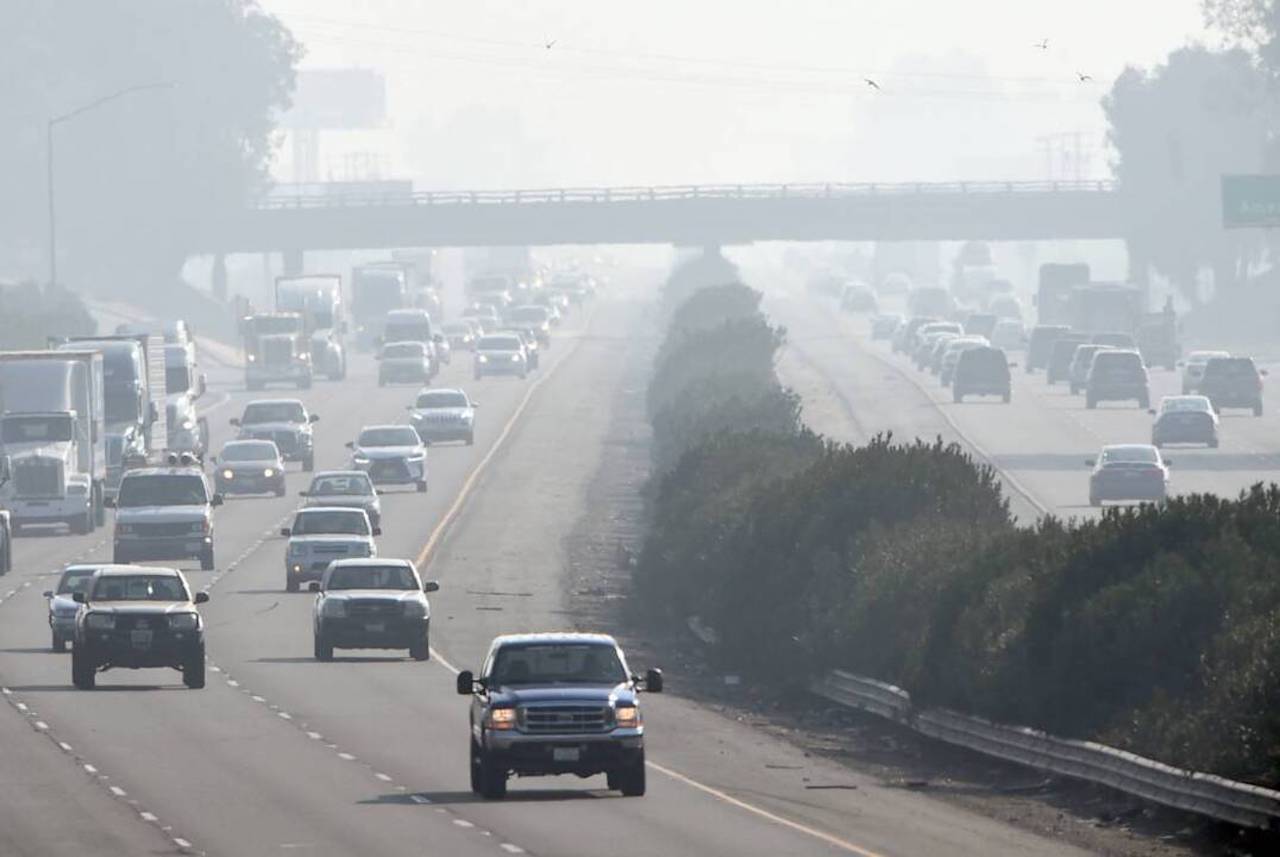Air Pollution Increases Risk of Premature Death, Study Reveals
The latest investigation identifies the environmental factors - particularly air pollution - posing a higher risk to heart and overall health, hence increasing premature deaths by 20 percent

Image: PKB News
Researchers in various areas of study identify the causes that increase people’s risk for early death. One major reason for early death is found to be air pollution. It is because pollution of air leads to cardiovascular-linked premature death rise by 20 percent.
The study, published in the journal PLOS ONE, indicates that along with smoking, diabetes, and high blood pressure, air pollution is highly predictive of early deaths due to strokes and heart attacks. Exposure to higher outdoor air pollution is the major reason behind the increased mortality risk of 17 percent due to cardiovascular diseases.
Using kerosene- and wood-burning stoves (not well-ventilated via chimney) for cooking also elevates the risk of deaths by 9 percent and 23 percent, researchers said. They said that people who live near busy roads are at higher risk of premature death as well as opposed to those who live in areas away from main roads with high traffic.
For the study, researchers from the Icahn School of Medicine at Mount Sinai, US, and NYU Grossman School of Medicine, gathered environmental and personal health data from 50,045 mostly rural, poor villagers living in Iran’s northeast Golestan region.

Image: Accu Weather
All the participants were above 40 years of age and agreed to have their health monitored yearly in 2004. As per the study, the researchers identified environmental factors that pose the greatest risk to heart and overall health, but also add much-needed scientific evidence from people in low- and middle-income countries.
The traditional research on the risk factors based on the environment reveals that urban populations in developed countries have better access to advanced medical care facilities. Compared to people living near specialized medical services, people living away from clinics with catheterization laboratories can unblock clogged arteries on time.
It shows that they have an increased risk of death by 1 percent for each 10 km of distance. The study even mentions that one-third of participants who live within 500 meters of main roadways have a 13 percent higher risk of death.

Image: The Fresno Bee
Rajesh Vedanthan, the lead author of the study and cardiologist, mentioned that their findings will broaden the higher disease-rise profile over a certain age. Moreover, the increased population density, low neighborhood income levels, and ample nighttime light exposure are some other factors leading to higher premature deaths.
The researchers even collected data from December 2018. They even formed a predictive model on overall death risk and cardiovascular disease-related death risk. The researchers further plan to continue their analysis, hoping to apply a predictive model to various countries to fine-tune their predictive capacity. With the help of the new tool, scientists can evaluate the effectiveness of lifestyle, environmental factors, personal health changes, etc. to reduce mortality rates throughout the world.
Via: Deccan Chronicle


